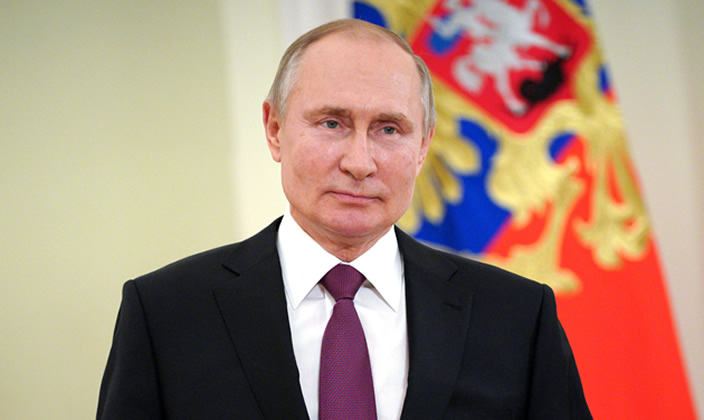China's manufacturing sector contracted in April 2025, signaling a significant setback attributed largely to escalating trade tensions with the United States.
Manufacturing Activity Declines
The official manufacturing Purchasing Managers' Index (PMI) fell to 49.0 in April, marking the first contraction in 16 months and dropping below the 50-point threshold that separates growth from contraction. This decline follows a brief recovery period earlier in the year.
Impact of U.S. Tariffs
The downturn is closely linked to U.S. President Donald Trump's imposition of tariffs up to 145% on Chinese goods under his "Liberation Day" trade policy. In response, China levied duties up to 125% on U.S. imports and restricted exports of strategic minerals vital for high-tech industries. These measures have disrupted supply chains and dampened market sentiment.
The International Monetary Fund and major financial institutions like Goldman Sachs and UBS have downgraded China's growth forecasts for 2025, with some predicting GDP growth as low as 3.5%, down from earlier estimates of 5%. In response, Beijing is expected to implement increased monetary and fiscal stimulus to counteract the economic impact. The National Development and Reform Commission, along with the Politburo, have pledged support for affected businesses and workers.
Global Implications
The trade conflict has also raised global recession risks, with the IMF reducing its global growth forecast for 2025 to 2.8% from 3.3%. Additionally, oil prices have experienced their largest monthly decline in over three years due to weakened demand expectations amid ongoing global trade tensions.
Investors and policymakers worldwide are closely monitoring these developments, as the ongoing trade war between the world's two largest economies continues to reshape global commerce.

.jpg)









